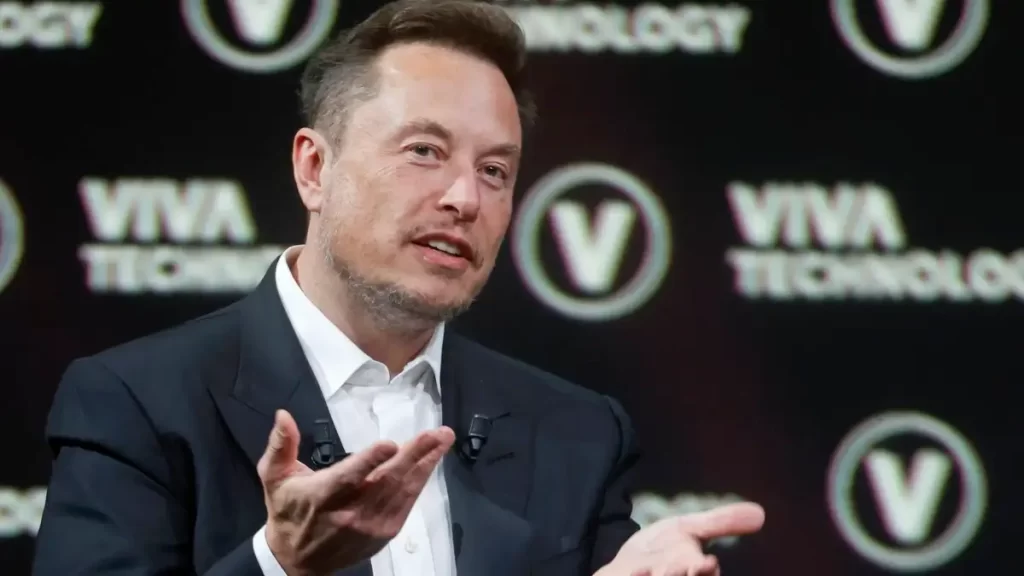Why is project omega a game-changer for the space industry?

Elon Musk, the visionary behind SpaceX and Tesla, has again captured the world’s attention with his latest endeavour – Project Omega. As details about this enigmatic initiative remain limited, numerous experts assert its potential to revolutionize the space industry. Understanding the significance of Project Omega requires acknowledging the current landscape of the space sector. Space exploration has been dominated by government agencies and a few large corporations for decades. While these entities have made significant strides, progress has often been slow and costly. Here are a few key challenges facing the industry:
- High costs – Launching rockets and satellites is incredibly expensive, costing hundreds of millions of dollars for each mission. This limits access to space and hinders innovation.
- Slow development – The long timelines and bureaucratic hurdles associated with traditional space projects can stifle creativity and delay breakthroughs.
- Limited infrastructure – The lack of robust in-space infrastructure, such as orbiting platforms and lunar bases, makes it difficult to sustain long-term space operations.
Musk has long been vocal about addressing these issues and accelerating humanity’s expansion into space. Project Omega is his latest effort to do just that.
Potential focus areas
What might Project Omega entail? While Musk has been tight-lipped about specifics, there are a few potential focus areas that align with his vision and past projects:
- Advanced propulsion – elon musk prokect omega explained that this could involve the development of next-gen propulsion systems, such as nuclear thermal rockets or fusion engines, to enable faster and more efficient space travel.
- Extraterrestrial settlement – Musk has long dreamed of establishing a human presence in other worlds. Project Omega may be focused on creating the infrastructure and technologies needed for sustainable lunar or Martian colonies.
- Space-based manufacturing – The unique conditions of space, such as microgravity and vacuum, could enable new forms of manufacturing. Project Omega might explore ways to harness these conditions for industrial applications.
- Asteroid mining – Musk has expressed interest in extracting resources from asteroids to support space exploration. Project Omega could involve the development of advanced mining technologies and robotic systems.
These are just a few possibilities, but they give a sense of the scale and ambition that Project Omega likely embodies. Whatever its focus, the project will push the limits of what we thought was achievable in space. Taking on a project as audacious as Project Omega comes with significant challenges. Some key hurdles Musk and his team will need to overcome include:
- Technical complexity – Developing cutting-edge space technologies is incredibly difficult, requiring years of R&D and testing.
- Financial feasibility – Even with Musk’s track record of attracting investment, funding a project of this scale will be a significant challenge.
- Public perception – Not everyone shares Musk’s enthusiasm for space exploration. Convincing the public and policymakers of the value and necessity of Project Omega will be an ongoing challenge.
Musk turn sceptics into believers despite these obstacles and makes the impossible possible. With the correct team, resources, and vision, Project Omega could surmount these obstacles and redefine the future of space exploration.





